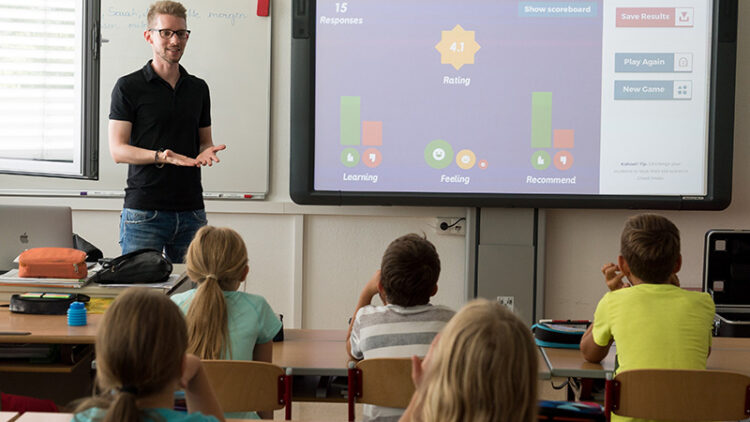
When students act out in classrooms, many schools deal with the disruptive behaviors through restraint and seclusion.
“Restraint restricts a child’s movement, while seclusion involves removing a child from the academic context,” said Dr. Reesha Adamson, a special education expert at Missouri State University. “Historically, our schools have underreported these incidents.”
While kids misbehaving in the classrooms isn’t unusual, it has been happening a lot more. One contributing factor is COVID-19 and the move to virtual instruction.
According to Adamson, an associate professor in the department of counseling, leadership and special education at Missouri State, schools often act as first responders, connecting kids with additional supports and services beyond educational needs.
During the pandemic, students lost that support system due to less time spent in the school environment.
“For kids already having issues, COVID provided a level of trauma to their lives that we haven’t experienced before,” Adamson said. “And when you think about trauma and how that manifests, it manifests sometimes in kids as that acting-out behavior.”
Preventing acting out in classrooms
Preventing outbursts
The key to minimizing and preventing negative classroom behaviors is de-escalation.
“It’s trying to make sure a student never gets to that point where he or she is out of control and requires additional supports and interventions,” Adamson said.
De-escalation involves using the seven phases of a crisis cycle – calm, triggers, agitation, acceleration, peak, de-escalation and recovery – to individualize prevention and recovery strategies.
Understanding a child’s curve
While it’s common to think of the cycle as a bell curve – a student starts out calm, moves up to a peak phase and then gets back to recovery – the curve will look different for each child.
So, using techniques specific to each of the seven phases in the crisis cycle can help students minimize or avoid disruptive behaviors.
Adamson and her team have mapped out specific strategies at each phase within that cycle for teachers and school personnel to consider.
“For example, if a kid is calm, what should you be doing? You should be teaching because when kids are calm, they’re ready to learn,” Adamson said.
“You should be teaching not only academic pieces, but also practicing for what happens if. What happens if you do get upset? How could we try something different or go someplace different that maybe will limit getting higher on that escalation curve?”
Adamson adds it’s also important to help kids know their spot on the curve in moments of crisis.
“It involves getting them to think about physiological changes they may feel to know they’re getting escalated,” Adamson said. “So, it’s not only on the teacher’s part to say, ‘What can I be doing to support this kid,’ but also for that kid to know what I can be doing to support myself.”
